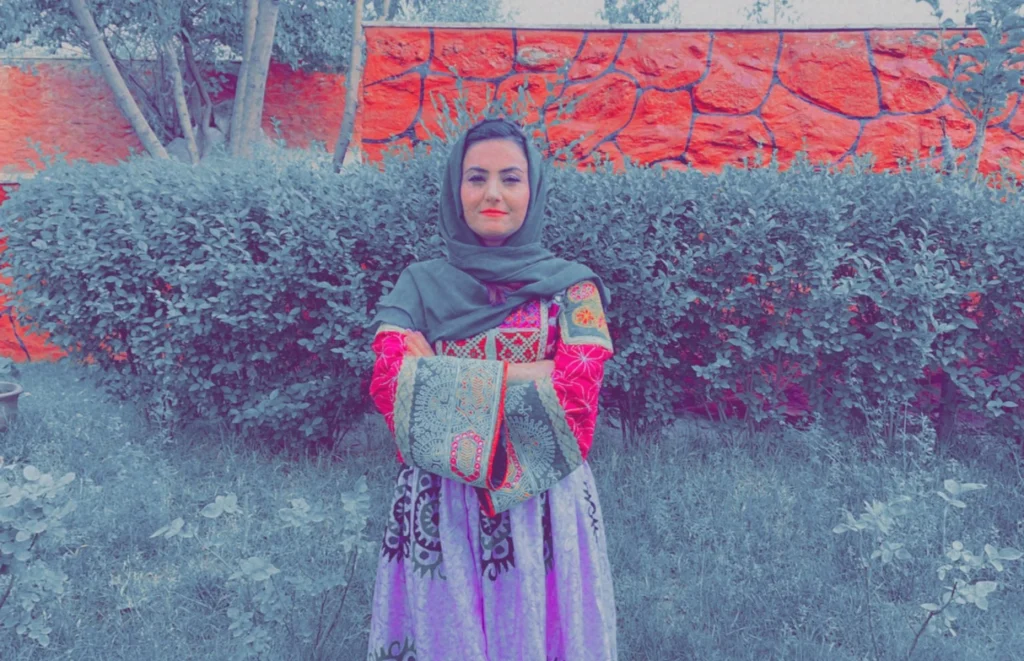The victory over the Afghan force has brought the Taliban to capture large parts of Afghanistan, but keeping it stable is proving to be difficult for the invading force. Taliban is primarily made of a dominant ethnic population of Afghanistan. While the Taliban has power centres within the organisation, it is allied with many more warlords, leading to internal power struggles. The large urban population of Afghanistan is in a rebellious mood, and the interiors are of little interest to the Taliban. In the country’s northeastern part, the rebellious Panjshir valley has become a quagmire for the invading Taliban forces.
Tensions within the Taliban have arisen with disputes over the formation of the new government. There are reports that the clash between Mullah Abdul Ghani Baradar, deputy prime minister, and Khalil ur-Rahman Haqqani, minister for refugees, took place at the presidential palace in Kabul. The tension between the two leading figures led to a clash between the supporters of the two factions. Baradar has not appeared on the scene for a few days.
On September 13, the spokesman for the Qatar office of the Taliban, Muhammad Suhail Shaheen, told the press, “Reports about Mullah Baradar Akhund being injured or killed are baseless and are not true, I categorically refute them.” He did not elaborate if the clash had taken place. Mullah Baradar was wounded in a skirmish between Taliban units. Recent photos showed him from the back, and his face could not be seen on them. He was responding to the reports that Mullah Baradar was wounded in a skirmish between Taliban units. Recent photos showed Baradar from the back, and his face could not be seen on them.
As confirmed by two sources, the clash would have taken place last week and would have been triggered by the dissatisfaction expressed by Baradar with the composition of the executive. The Deputy Prime Minister, who signed the Doha agreement based on the American withdrawal, believes it is necessary to reward figures who have shown the ability to negotiate and have a diplomatic approach. On the other hand, the warlords and commanders who have fought on the ground have contradicted it. Different groups claim a prominent role in conquering control of the country.
As reported by Frontier India, the government composition appears to have been done to satisfy leading groups in the various shuras, particularly Quetta led by Mullah Hibatullah Akhundzada with three important positions of PM, Deputy PM, and the Defence Minister. As the Taliban and its allied terror groups fight over the spoils of the war, the rest of Afghanistan remains unrepresented. Taliban calls the government provisional but is mum on the tenure of the government.
The former Afghan President Ashraf Ghani’s administration was more inclusive.
Social Unrest led by the women
The Taliban has banned all forms of non approved protests, but the various social groups, especially the women, have kept protesting. Spraying bullets have not helped the Taliban instilling terror in citizens.
Taliban resorted to permitting some women to stage demonstrations in support of the terror group. Last Saturday, some women took part in a protest staged in front of the University of Kabul to support the new Taliban government. In response, a lot of Afghan women took to social media to post their own photos in which they wore clothes linked to the tradition of their ethnic group and their region, all coloured, to challenge the new bosses of Afghanistan who impose on women on the few occasions they are allowed to go out wearing the black burqa.

During the previous government, there were ample economic and personal growth opportunities that are currently stunted.
Panjshir
The rebellious valley of five lions has lived up to its name. Taliban’s dreaded commando forces Red Group and Badri 313, have been unable to make inroads into Panjshir.
Ali Maisam Nazary, the spokesperson for Afghanistan’s National Resistance Front, has asked for international help to fight against the Taliban. In an interview with La Repubblica published late on Monday, he said, “We need any help, humanitarian, political or military. If the West truly seeks to counter-terrorism, then they should help the last allies it has in Afghanistan.”
“Don’t betray the last hope for democracy and freedom in Afghanistan. We cannot silently sit and watch the totalitarian regime persecuting women, intellectuals and journalists,” he said.
The spokesperson also said that the resistance sees no difference between the Taliban and ISIS-K as they stick to “the same jihadist and totalitarian ideology.” He said the Taliban regime cannot be viewed as moderate since its members are terrorists, criminals and drug lords. He underlined that the resistance front regards the interim Afghan government assembled by the Taliban as illegitimate.
